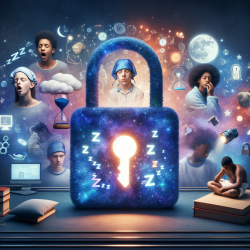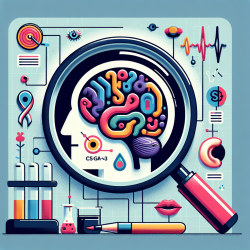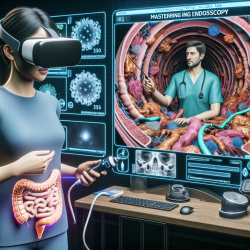Adolescence is a critical period for development, and adequate sleep is essential for both physical and mental health. However, recent research highlights a concerning link between police stops and sleep disturbances in adolescents. This blog explores these findings and offers guidance for practitioners aiming to enhance their skills in supporting adolescent sleep health.
The Impact of Police Stops on Adolescent Sleep
A study conducted by Jackson and Testa (2022) titled Police stops and adolescent sleep problems: findings from the UK millennium cohort study, reveals a significant association between police encounters and various sleep issues among adolescents. The study analyzed data from a large sample of UK adolescents and found that those who experienced police stops reported:
- Shorter sleep durations
- Longer sleep latency (the time it takes to fall asleep)
- Frequent mid-sleep awakenings
The research also indicated that the odds of experiencing multiple sleep problems were highest among youth who were arrested or taken into custody. However, even in the absence of arrest, significant associations with sleep disturbances were observed.
Strategies for Practitioners
Given these findings, practitioners working with adolescents should consider the following strategies to mitigate the impact of police stops on sleep health:
1. Awareness and Education
Educate adolescents about the importance of sleep and its impact on their overall well-being. Encourage open discussions about their experiences with law enforcement and how these interactions may affect their mental health and sleep patterns.
2. Collaboration with Law Enforcement
Work collaboratively with local law enforcement agencies to develop interventions that reduce the negative impact of police stops on youth. This can include training officers on adolescent development and trauma-informed practices.
3. Implementing Supportive Interventions
Offer support services such as counseling or therapy sessions for adolescents who have experienced police stops. Online therapy services like those provided by TinyEYE can be an effective way to reach students in need of support.
4. Further Research
Encourage further research into the long-term effects of police interactions on adolescent health. Understanding these impacts can help shape policies and practices that promote healthier outcomes for young people.
Conclusion
The findings from this study underscore the need for targeted interventions to address the adverse effects of police stops on adolescent sleep health. By implementing strategies that foster awareness, collaboration, and support, practitioners can play a crucial role in improving the well-being of young individuals.
To read the original research paper, please follow this link: Police stops and adolescent sleep problems: findings from the UK millennium cohort study.










